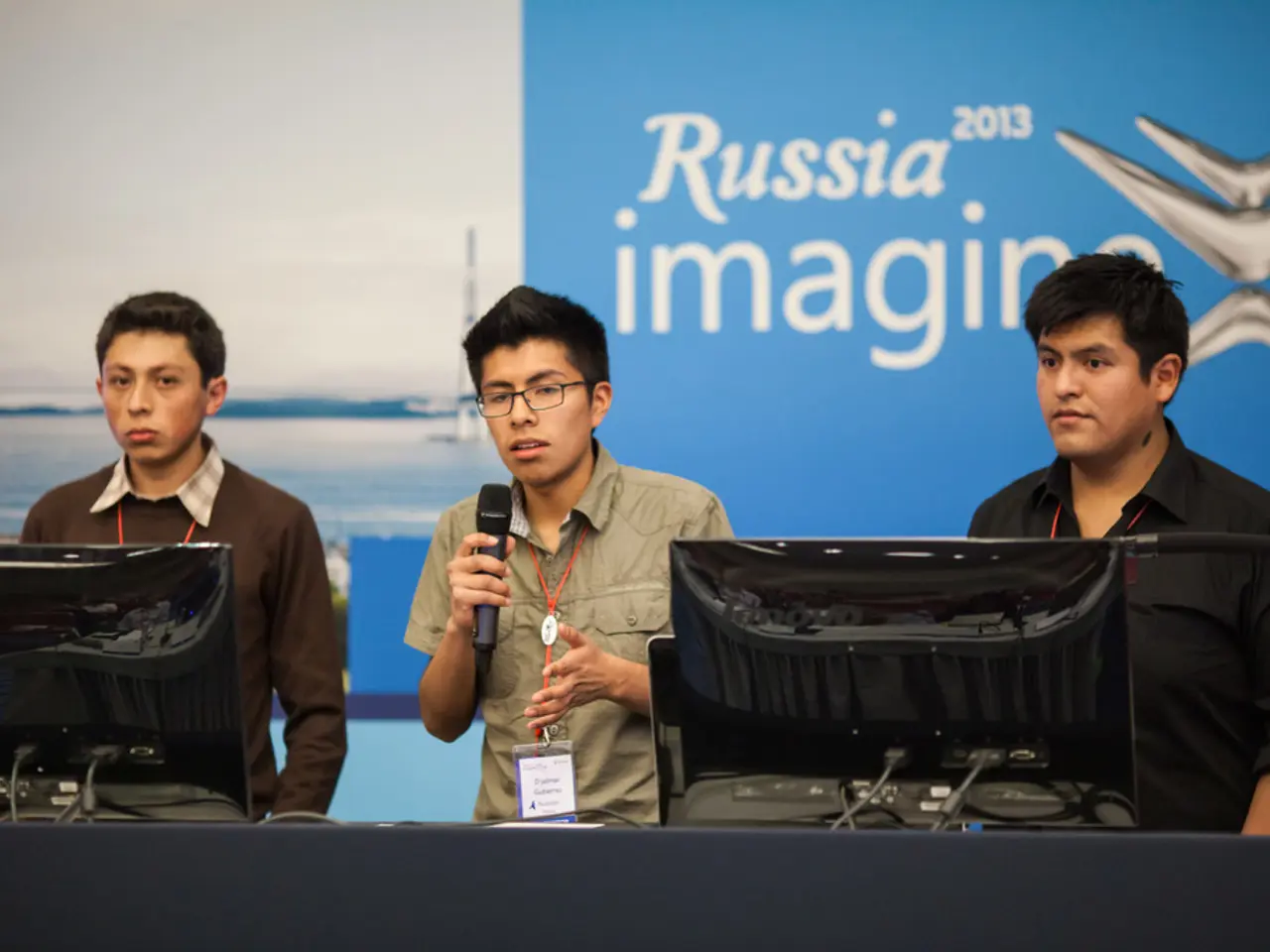Global Survey Exposes Phishing Threats and Cybersecurity Gaps
A recent global survey, involving 18,000 working adults across nine countries, has shed light on the current state of cybersecurity awareness and practices. The findings reveal a mixed bag of increasing threats, growing concerns, and varied adoption of protective measures.
Phishing remains a significant threat, with nearly half (44%) of respondents falling victim to such attempts last year. Notably, the youngest generation, known as Generation Z, was particularly vulnerable, with 62% encountering phishing messages. This alarming trend has led to a decline in trust in digital communication, particularly in countries like Japan, Sweden, and the UK, where AI's impact on cybersecurity is a growing concern.
The survey also highlighted a worrying lack of awareness regarding phishing attempts. Over half of respondents struggled to recognise fake emails, either mistaking them for genuine messages or expressing uncertainty. Despite these challenges, there's a growing acceptance of hardware-based authentication solutions like security keys and passkeys, especially in the US and UK.
In France, the use of Multi-Factor Authentication (MFA) for personal accounts has seen a significant increase, more than doubling from 29% to 71% in just a year. However, globally, only 29% of respondents have enabled MFA for their personal email accounts. This low adoption rate is concerning, given that 70% of respondents believe AI is strengthening cyberattacks, making phishing attempts more successful and sophisticated.
The survey also found that less than half of companies use MFA for all applications, and four in ten employees have never received cybersecurity training from their employer. Paradoxically, despite considering traditional passwords insecure, many respondents still use them for work (56%) and personal (60%) purposes.
The Yubico survey underscores the pressing need for improved cybersecurity awareness and practices. While there are encouraging signs of increased MFA adoption in some countries and growing acceptance of hardware-based authentication, the persistent use of traditional passwords and the high rate of phishing victims highlight the urgency for better education and implementation of robust security measures.
Read also:
- U.S. Spy Satellites Face Growing Cyber Threats, NRO Warns
- China's Automotive Landscape: Toyota's Innovative Strategy in Self-Driving Vehicles
- Strengthening Defense Against Combined Cyber Threats during the Age of Technological Autocracy
- Nissan Fortifies Supply Chain and Cybersecurity with KPMG, PwC Partnerships







